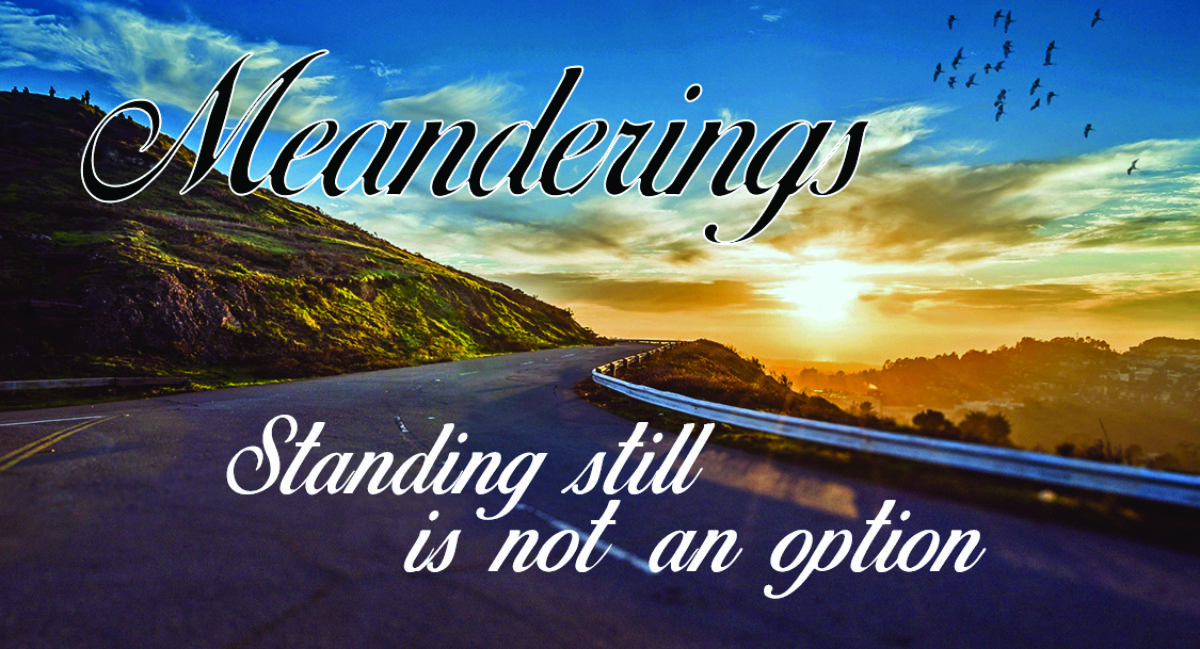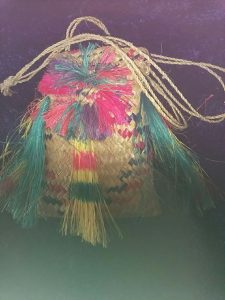Friday January 11, 2019 I woke up very early. The weather report said it was -12 Celsius with a wind chill of -20! Brrrrrrr. But this is Canada in winter.
January 11, 1969 was on a Saturday. When I awoke then it was already 28 Celsius with a projected high of 30! But this is Jamaica in winter.
The coincidence did not escape me. Fifty years married and a 50 degree difference in temperature.
On Friday, January 11, 2019 my Bert and I celebrated our 50th wedding anniversary with 50 close friends. It was a Golden night, a night filled with love and Light.
The setting was special, decorated in gold and white. The dinner was marvellous. The toasts were heartfelt and warm and so eloquently delivered. Best of all was the love that seemed to permeate every corner of the room.
I saw friends making friends. I saw smiles, heard joyous laughter, saw caring glances and chuckled at the comments made at our ‘before’ and ‘after’ photographs.
It was a night to reminisce. Fifty years is a long time together for any couple. During that time we loved, we argued, we worked, we had successes, we had failures, we gave, we received, and we brought two wonderful children into the world. We mourned, we hoped, we laughed, we always laughed. We travelled the world, we helped, we got help, and we supported and received support.
It was a celebration of friendship. Throughout our lives my Bert and I have been blessed with the most wonderful friends. We are so grateful for that so decided we would do our best to have some of them share in our joy and to let them know how much they mean to us. They were representative of so many more whose influence and guidance and love have helped to make us who we are.
It was a night of family and friends who are family in every sense of the word. There were some we missed, but who were with us in spirit. Our best man at our wedding could not be with us in person but he was with us in song as his recording of The Prayer was played. At our age some who wanted to be with us could not for a variety of reasons but we still felt their love.
The highlights are many. The wonderful paean from our dear friend; the tribute from our beloved son; the reading of Sonnet 44 Elizabeth Barrett Browning ‘s How Do I Love Thee.
However, the greatest moment of sheer immediate and spontaneous laughter happened when we attempted to renew our vows. Our family friend and Minister had in perspicacity and necessity reduced the vows to a simple: “…Bert I ask you, do you still want to be married to your wife Paula?” Bert looked at him and said: “Let me think about that.” The laughter filled the room. I was in stitches as I thought: “That’s my Bert.” As usual, my Bert set the mood for the rest of the night. It was laughter, joy, Love and Light in the company of family and friends.
The Meander: My Bert and I opened the dancing with ‘our song’ Unchained Melody. As we danced, my Bert held me close and sang the words throughout to me. In our eyes was only love. Love endures.

 We were in Papua New Guinea at the port of Lae. The cultural tour was over and my head was a maelstrom of weird and wonderful bits of information.
We were in Papua New Guinea at the port of Lae. The cultural tour was over and my head was a maelstrom of weird and wonderful bits of information.